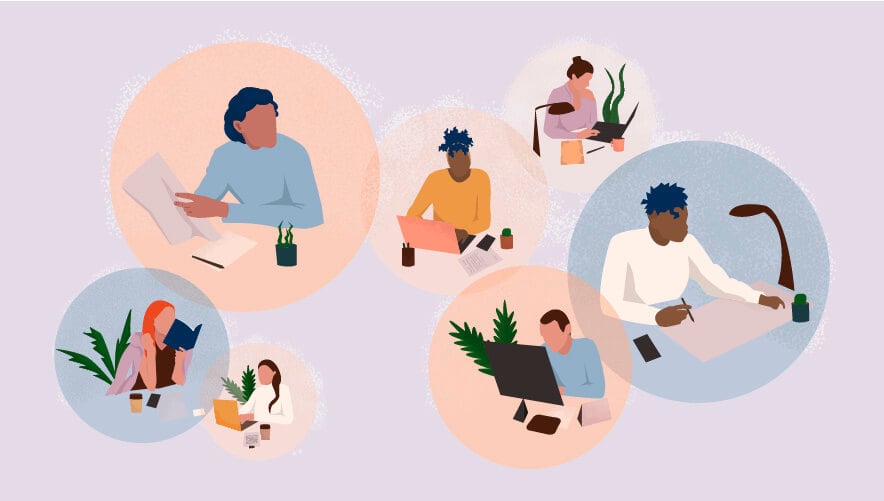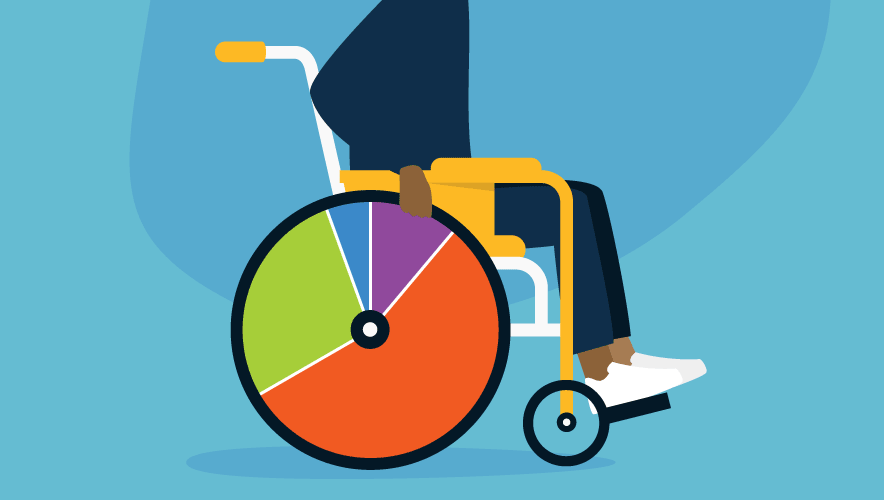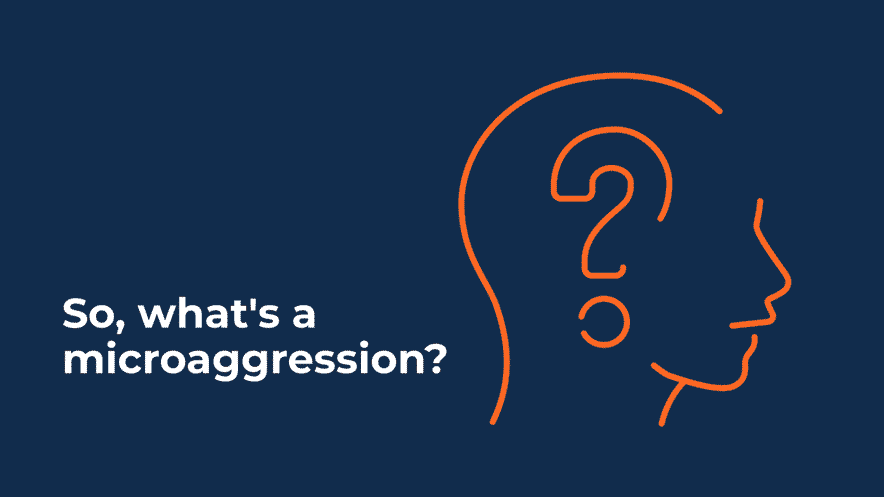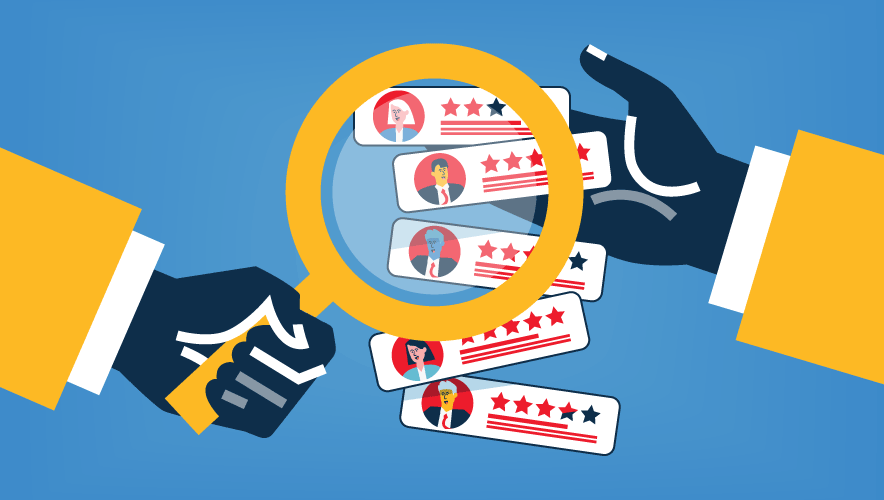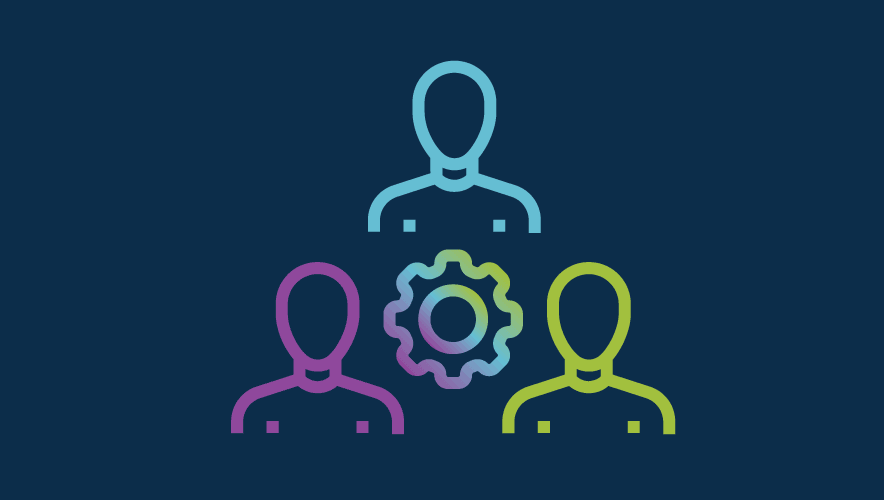Why DE&I is Key to Business Sustainability: Considerations for Incorporating It into Your Plan
The average lifespan of a company is 10 years, according to an often-cited study by the Santa Fe Institute. The U.S. Bureau of Labor Statistics notes that 50 percent of small businesses fail within the first five years. And, for large companies, consider that only 49 of the original Fortune 500 companies remain on the list. While there’s nothing that can guarantee long-term success, there are things that businesses can do to improve how they hire, innovate, and conduct activities, which can contribute to their success.
One of the keys is a formal sustainability plan with a diversity, equity, and inclusion (DE&I) program as a major component.
What is DE&I, and Why is it Important?
Diversity includes (but is not limited to) gender, age, nationality, background, culture, skills, neurodivergence, socio-economic status, and other attributes. And, while sustainability is usually associated with environmental stewardship, that’s just part of the equation. In simple terms, sustainability is defined as the ability to endure. This is where DE&I can help, as it can play a significant role in a company’s longevity.
So, how can DE&I contribute to a company’s long-term success? Consider that DE&I can help:
Attract the right talent. Two out of three job candidates seek companies that have diverse workforces. (What Job Seekers Really Think, Glassdoor)
Increase job satisfaction and improve employee retention. Companies experience a 50 percent drop in turnover risk and a 75 percent reduction in sick days when workers feel like they belong. (The Value of Belonging at Work, Harvard Business Review)
Enhance team performance. Three-quarters of organizations with frontline decision-making teams that reflect a diverse and inclusive culture exceed financial targets. (Diversity and inclusion Build High-Performance Teams, Gartner)
Generate ideas and innovate. Companies with above-average diversity produce a greater proportion of revenue from innovation (45 percent) than companies with below average diversity (26 percent). (How Diverse Leadership Teams Boost Innovation, Boston Consulting Group)
Gain a competitive business advantage. Companies with the most ethnically diverse executive teams are 33 percent more likely to outperform their competitors on profitability. (Delivering Through Diversity, McKinsey & Company)
A diverse workforce and an inclusive and fair environment are appealing to today’s business professionals. It’s clear that an inclusive, positive work climate that promotes diversity and equity can attract and retain the right people, drive engagement, and foster both creativity and innovation because it takes into account many different points of view. Ultimately, this can lead to a much more sustainable business.
DE&I Starts with a Commitment
If your company is serious about trying to improve sustainability via efforts like improving DE&I, it’s best to make a formal commitment and set goals. For example, many companies have signed the United Nations Global Compact and use its agenda and goals as a blueprint for aligning company strategies and operations with their universal principles on human rights, labor, environment, and anti-corruption. The UN Global Compact is the world's largest corporate sustainability and corporate social responsibility initiative, with 13,000 corporate participants and other stakeholders in more than 170 countries.
Implementing a sustainability plan in your workplace should be approached like any other company initiative. It’s important to conduct a proper assessment and evaluate where your organization is pertaining to DEI and sustainability in order to define needs, set strategy and goals, and develop a way to measure success.
Looking at my organization, Axis Communications, for example—in its 2022 Sustainability Report, Axis reported a significant 33 percent increase in gender diversity among both managers and employees in its global operations. Overall, 29 percent of Axis employees are women, and 71 percent are men. Although there is clearly still work to be done, the gap between males and females at Axis, especially in leadership positions, is narrowing.
Using Axis corporate sustainability efforts as a guide, Axis Americas has been working on increasing DE&I in our hiring practices, as well. When we began a deep dive into the issue of diversity about five years ago, we didn’t score as well as our counterparts across the globe in this area, so we committed to making improvements. Not only was there an imbalance between the percentage of women and men, but the problem was being exacerbated by the lack of job applications from women. The same applied to the other identities.
Accordingly, we committed to working harder to attract a pool of diverse and qualified candidates for our management positions. We’ve moved the needle from 27 percent women in management positions five years ago to 33 percent today. That’s a very positive growth indicator, and we’re working just as hard to increase the number of other types of diverse representation in management.
Why focus on management positions first? Because these new hires bring new thinking and new networks of people with them.
This change didn’t happen overnight. It was part of a formalized plan, and it’s exciting to see progress being made.
Sustainability is defined as the ability to endure. This is where DE&I can help, as it can play a significant role in a company’s longevity.
Working Together to Make a Difference
No longer just a “nice to have” initiative, improving diversity has become a “have to have” initiative. A diverse employee makeup better reflects society and includes input from a wider variety of stakeholders, which ultimately helps diversify and improve the products and services that a company creates. To increase sustainability and DE&I efforts in security companies, the industry can and should band together to leverage industry associations, working groups, and committees to bring industry-wide change that benefits all of us.
One great example is the Security Industry Association’s (SIA) Women in Security Forum. This group offers programs, professional development opportunities, and networking events with the goal of supporting the involvement of women in the security industry. The forum’s purpose is to engage all security professionals to promote, recruit, and cultivate the leadership of women for a more inclusive and diversified industry.
In just five short years, the Women in Security Forum has rapidly grown to over 1,300 members. This summer Axis Americas—which played a role in creating the forum—served as a co-chair of the forum’s inaugural Security LeadHER event in Nashville, Tennessee, which brought together security professionals committed to advancing, connecting, and empowering women in security. The work of the Women in Security Forum has also helped raise more than $100,000 in scholarships, provided mentoring opportunities, and included a partnership with Dress for Success where we’ve collected clothing and funds for women looking for assistance in elevating themselves to better jobs.
Report Cards Can Help You Evaluate Your Efforts
As companies begin or continue efforts to improve sustainability, they should evaluate their efforts—and there are resources available to help do so. EcoVadis, for example, is the world’s largest and most trusted provider of business sustainability ratings, and it has created a global network of more than 100,000 rated companies. It works as a third-party to provide reliable, globally recognized sustainability ratings and insights that enable companies to reduce risk, drive improvement, and accelerate a positive impact on the planet and society.
Axis undertakes an assessment each year carried out by EcoVadis to evaluate our environmental, social, and governance (ESG) efforts. For the last two years, Axis has earned a Silver Sustainability Rating from EcoVadis. These ratings not only serve as a testament to your efforts, but they help the organization identify gaps and develop plans for ongoing improvement.
The great news is that there are many examples of companies, in general, and in the security industry, in particular, that are incorporating DE&I initiatives and sustainability into long-term planning. This move not only improves diversity within employee populations, but it also encourages diversity of thought and, ultimately, innovation in the development, design, production, and quality of products and services.
As we in the security industry work to continue to improve existing technology and invent new products, let’s continue tapping into an expanded talent pool that can add experience, perspective, and diversity of thought. Together, we can raise the bar for the industry and improve our collective sustainability and success.
Elaine Palome is the director of human resources, Americas, for Axis Communications.
